Mohan Bhagwat: Caste-based Discrimination—Remedies Beyond Reservation
How to uproot the "core cause" of caste-based discrimination.
RSS Chief’s Statement
Rashtriya Swayamsevak Sangh (RSS) Chief Mohan Bhagwat on Wednesday1 stated that reservations should continue as long as discrimination exists in society2. While we fully support the enabling provisions of reservations laid out in Part IV of the Indian Constitution, we believe it's time for an informed debate on what calls he the 'core causes' of discrimination. Despite more than seven decades having passed since India gained its Independence, these complex issues surrounding caste and reservation continue to persist, underscoring the need for thoughtful and comprehensive reform. Mr Bhagwat acknowledges that reservation is only one remedy; therefore, we argue for the exploration of alternative solutions.
As the Indian economy expands and becomes increasingly globalised, the relative effectiveness of the reservation system compared to other potential solutions seems to be diminishing. This article aims to provide a nuanced exploration of this critical and often contentious issue, from its historical origins to its present-day complexities and potential future trajectories. We should clarify that our stance is not inherently opposed to reservations; rather, we advocate for them when they are applied in a fair, just, and constitutionally equitable manner.
Social Stratification and the Caste System
The concept of social stratification is indeed a global phenomenon, manifesting in various forms such as class, race, and ethnicity. However, the Indian subcontinent stands apart in its deeply ingrained, birth-based caste system. Originating from the Vedic era's framework of four 'varnas,' this system was initially fluid, tied to one's occupation or profession. Over the millennia, it has solidified into an indelible mark, stamped onto an individual's very essence at birth, rendering it immutable and inescapable. This transformation has had profound implications, affecting not just one's social standing, but also access to opportunities and life prospects.
Colonial Contributions and Discrimination
While it has become somewhat fashionable to lay the blame for the caste system squarely on the ancient sage Manu and his "Manusmriti," this perspective overlooks the nuances of history. It's essential to note that the British colonial rule played a significant role in formalising and codifying the existing caste categories and hierarchies, exacerbating inequalities that went well beyond the original framework of four 'varnas'. The British even implemented a census that further entrenched these divisions for administrative ease, thereby adding fuel to a fire that had been smouldering for centuries. Among those most severely impacted were the Dalits, also referred to as 'untouchables' or 'shudras,' who have endured systemic oppression and discrimination for ages. The complex origins and reinforcement of the caste system thus involve multiple actors and cannot be attributed to any single source.
Dr. B.R. Ambedkar's Influence
Between the two World Wars, as India was inexorably marching towards Independence, Dr. B.R. Ambedkar, a Dalit himself, took it upon himself to boldly confront the deeply entrenched issue of caste-based discrimination. His seminal work, "Annihilation of Caste," penned in 1936, not only served as a scathing critique of the prevailing system but also provided a comprehensive road-map for its complete dismantlement. This groundbreaking pamphlet became a cornerstone in the fight against caste-based discrimination.
Later, Dr. Ambedkar assumed the critical role of Chairman of the Drafting Committee in the Constituent Assembly, ensuring that the Indian Constitution would enshrine principles of social justice and equality. In a symbolic and significant gesture, he embraced Buddhism in 1956, rejecting the Hindu social order that had perpetuated the caste hierarchies for centuries. Through his writings, leadership, and actions, he left an indelible imprint on India's social fabric, setting a transformative precedent for generations to come.
The Constitution and Affirmative Action
After achieving Independence, the Constituent Assembly faced the monumental task of framing a Constitution that would unify India's diverse population. Members were virtually unanimous in their intent to create an inclusive form of Indian citizenship, transcending divisions based on caste, colour, creed, gender, or religious faith. However, they faced a critical dilemma: should they entirely abolish the caste system, thereby eliminating an age-old social structure, or should they officially recognise it in order to implement affirmative action for those who had suffered historical injustices?
In a landmark decision, the Assembly chose the latter, believing it to be the best way to redress more than two millennia of social discrimination. As a result, reservations for Scheduled Castes (SCs) and Scheduled Tribes (STs) were included in the Constitution, not as a fundamental right, but as an enabling provision. This decision aimed to create a level playing field for marginalised communities, while still leaving room for future reassessments of the reservation system.
Untouchability Outlawed and Reservation as “Temporary Provision”
While Article 17 of the Constitution explicitly outlawed the practice of "untouchability" and rendered it punishable by law, the Drafting Committee, headed by Dr B.R. Ambedkar, was keenly aware that the malaise was not limited to Hinduism. It permeated other indigenous religions of Indo-Aryan origin, including Sikhism, Buddhism, and Jainism. Consequently, an Explanation was appended to Article 25, which, although narrowly focused on entry to places of public religious worship, tacitly acknowledged the presence of untouchability across these faiths.
On the matter of reservations, it's noteworthy that these were initially introduced as temporary provisions in the Constitution, expected to last merely a decade. However, their extension has been recurrent, enjoying bipartisan support from various political parties, thus indicating the complex, evolving dynamics of social justice in India.
Mandal Commission— Expansion of the Scope of Reservation
The implementation of the Mandal Commission's recommendations in 1990, under the stewardship of Prime Minister V.P. Singh, was a watershed moment that expanded the reservation system to include “Other Backward Classes” (OBCs). This not only applied to government employment but also extended to seats in educational institutions, encompassing premier establishments like the IITs and IIMs. However, this momentous change was not universally well-received; it led to the Anti-Mandal agitation, spearheaded by students, that swept across the nation in the early 1990s. This movement highlighted that the reservation system was not without its drawbacks, as it engendered a palpable sense of deprivation among those who were left out of its purview. Subsequently, the controversy led to widespread discussions on the fairness and sustainability of the reservation system. Thus, the 1990s marked a critical juncture, revealing both the complexities and the unintended consequences of affirmative action in India.
50% Cap on Reservation and New Categories
In 1992, the Supreme Court's verdict in the Indra Sawhney case set a legal cap, stipulating that reservations could not exceed 50% of total seats or positions. However, this upper limit has been increasingly challenged as the Centre as well as the states have added new categories, often through constitutional amendments or newly-enacted laws, thereby squeezing opportunities available to the general category candidates. The introduction of reservations for “Economically Weaker Sections” (EWS) and the 'creamy layer' concept further complicate the matter, though a comprehensive exploration of these dimensions is beyond our current scope. Similarly, phenomena like the Maratha and Jat agitations, in states such as Maharashtra, Haryana, Rajasthan, Madhya Pradesh, and Uttar Pradesh, have seen relatively prosperous communities vying for backward class status. This clamour for 'backward' categorisation underscores the paradox of affirmative action in India, where communities are not competing on merit but rather jostling to be officially designated as disadvantaged. Thus, the landscape of reservation in India has grown increasingly intricate, sparking a series of debates and controversies that question the principles and efficacy of such policies.
Other Categories and Impact on General Aspirants
It is noteworthy that several states have extended reservation categories beyond SC/ST and OBCs to include ex-servicemen, sportspersons, gallantry award winners, and families of martyrs among others. While these categories are commendable and deserve societal recognition, the cumulative effect narrows the opportunities for general category aspirants, making the reservation landscape even more complex. Furthermore, some states like Haryana have ventured into uncharted territory by passing laws that extend reservations to the private sector, adding another layer of complexity to an already contentious issue. Though these laws have been legally challenged, the courts have yet to deliver an authoritative judgement, and no interim stay orders have been issued. Hence, the widening net of reservations not only calls into question the principles of social equity but also adds to the existing tensions between various social groups competing for limited resources.
Time for a Rethink: Questioning the Efficacy of the Reservation System
As we transition into the second part of this article, it's important to acknowledge that the reservation system was instituted as an exception to the universal right to equality, with the noble aim of redressing historical injustices against Scheduled Castes (SCs) and Scheduled Tribes (STs). Even Mr. Mohan Bhagwat, a staunch advocate for social harmony, concedes that reservations serve as just one remedy among many to tackle systemic discrimination. However, the evolving social and economic landscape raises serious questions about the continued efficacy of this approach. Factors such as the introduction of new reservation categories, legislative extensions to the private sector, and legal challenges to existing caps have complicated the original objectives. The burgeoning clamour among relatively progressive communities to be classified as 'backward' further muddies the waters. Given these complexities, it is high time we re-evaluate the viability of reservations as a tool for achieving social justice and consider alternative approaches for eradicating discrimination.
Diminishing Government Jobs
As the Indian economy diversifies and modernises, the employment landscape is undergoing a significant shift. Notably, the share of government and public sector jobs, which have been the traditional venues for implementing reservation policies for Scheduled Castes (SCs) and Scheduled Tribes (STs), is shrinking relative to the burgeoning opportunities in the private sector. This shift has far-reaching implications: it limits the number of positions available to SC and ST candidates, who have historically depended on these reservation quotas for social and economic upliftment.
Complicating matters further is the rise of outsourcing and contractual employment within the government and public sectors themselves. These employment practices provide a backdoor for these entities to either indirectly sidestep or directly violate the very reservation provisions intended to benefit marginalised communities. In light of these evolving dynamics, there is an urgent need to re-evaluate whether the existing reservation framework remains effective, or whether it has been largely sidelined by these modern employment trends.
Inequality Within Reserved Categories
The dynamics of reservation also reveal disparities even within the Scheduled Castes (SCs) and Scheduled Tribes (STs) themselves. Strikingly, it is often the more economically stable families within these groups that primarily reap the benefits of reservations. This creates a snowball effect: a candidate whose family lineage has already availed itself of educational and employment reservations has a pronounced advantage over other, less fortunate, SC or ST candidates. This stark inequity perpetuates cycles of deprivation within these groups and undermines the very objective of social upliftment that the reservation system aims to achieve. However, addressing this internal disparity is fraught with political sensitivity, often rendering it a taboo subject that eludes rational public discourse. Therefore, it begs the question: Is the system doing enough to reach those it was genuinely intended to uplift?
Revisiting the 'Creamy Layer' Concept
The concept of a 'creamy layer,' which currently exists for “Other Backward Classes” (OBCs), has garnered increasing attention for its potential applicability to Scheduled Castes (SCs) and Scheduled Tribes (STs) as well. Instituting a similar 'creamy layer' categorisation within SCs and STs could be a transformative move to ensure that the benefits of reservations are more precisely targeted towards the genuinely underprivileged. This could act as a filter to exclude those who have already leveraged the system to climb social and economic ladders, thereby freeing up opportunities for those who are in the most acute need of social upliftment. This nuanced approach could contribute to making the reservation system more equitable, although it would certainly necessitate overcoming various legal and political hurdles before coming to fruition.
No Reservation In Army or Higher Judiciary
Interestingly, certain key sectors like the Indian Army and the higher judiciary stand as exceptions where formal reservations for Scheduled Castes (SCs) and Scheduled Tribes (STs) do not apply. The Indian Army's recruitment practices, deeply rooted in a historical system dating back to the British Raj, continue to take into account community, caste, and religion, but do so in a manner that doesn't align with contemporary reservation guidelines. Similarly, appointments to the Supreme Court and High Courts are devoid of any reservation quota, instead focusing on factors such as merit, seniority, and experience. These sectors bring forth a different dimension to the dialogue on reservations, underscoring the complexity of implementing such policies uniformly across all spheres of public employment.
Political Under-representation
Though constituencies for SCs are reserved in the Lok Sabha and state assemblies, and more recently in Urban Local Bodies and Panchayati Raj Institutions, no such reservation exists for Rajya Sabha MPs or Members of Legislative Councils in states where these bodies still function. Moreover, there is no concept of ministerial reservation at either the Central or state levels, although political parties do strive to compose representative cabinets.
Socioeconomic Cost on General Categories
While the necessity for affirmative action to uplift historically marginalized groups remains unarguable, the shrinking opportunities for individuals in the general category presents a growing concern that cannot be easily dismissed. As reservation categories expand and quota percentages swell, there is a palpable decrease in opportunities available to those not covered by these policies. The economic burden that falls on the general category—often in the form of higher educational and professional competition—complicates the landscape even further.
This situation inevitably engenders a sense of resentment among youth from these categories, who feel that they are at an unequal footing despite their own set of challenges. Moreover, the socioeconomic burden shouldered by the general category often translates into higher stress, lower morale, and a pervasive sense of injustice. Consequently, there is a compelling need to reevaluate and update the reservation policies to make them more equitable for all, so as to maintain social cohesion in an increasingly pluralistic society.
Reverse Discrimination and Global Implications
Instances are becoming increasingly frequent where candidates from the so-called higher castes claim to experience a form of reverse discrimination, feeling marginalised due to the expansive scope of affirmative action. This sense of reverse discrimination has even led to legal battles in some instances. In a global context, there have been allegations, albeit largely unsubstantiated, suggesting that the rigid caste dynamics are subtly influencing workplace environments far removed from the Indian subcontinent. Specifically, these allegations point to Silicon Valley, the hub of global technology innovation, where a growing proportion of high-ranking positions are occupied by individuals of Indian origin. These claims, whether accurate or not, add another layer of complexity to the ongoing discourse about caste-based reservations and discrimination. The global reach of these issues underscores the urgency for a thorough reevaluation of the existing framework to ensure it serves its intended purpose of social upliftment without generating new forms of inequality.
Forward-Looking Suggestions
In the previous sections, we aimed to highlight the waning efficacy of reservations as a remedy for the deeply rooted social ills arising from India's oppressive caste system. While it's easy to suggest discarding the reservation system altogether, that would be both naive and irresponsible. Instead, let us, in this final section, focus on practical and forward-looking measures that could be implemented.
Setting a Sunset Clause
Our initial proposition entails the incorporation of a "grandfather clause" into the Indian Constitution. This significant amendment would explicitly dictate that come 15 August 2047, precisely one century subsequent to India achieving its Independence, the system of reservations in educational institutions, government jobs, and other public sectors will be automatically terminated through the mere efflux of time. The aim of setting this definitive timeline is to serve as a reminder that reservations were conceived as a temporary measure to correct historical injustices and social inequalities. By tying the clause to a symbolic date, it would encourage policymakers and society at large to intensify their efforts to eradicate these social inequities before the set deadline. It also provides an opportunity for various stakeholders to come up with alternative, more sustainable solutions that could be more effective in the long term. In doing so, the clause would act not just as a termination point, but as a catalyst for nationwide social reform.
Income-Based Eligibility
Commencing on 15 August 2027, a targeted provision should be integrated into the Indian Constitution that refines the criteria for reservations. Specifically, the eligibility for reservations based on caste, tribe, or class should be confined to candidates who fall below a clearly-defined family income threshold. Such a measure would serve a dual purpose: first, it ensures that the benefits of the reservation system are more precisely channelled towards families within the SC, ST, and OBC categories who are genuinely economically disadvantaged. Second, by introducing an income criterion, it would mitigate the monopolisation of reservation benefits by relatively affluent families within these social categories, thereby promoting a more equitable distribution of opportunities. This nuanced approach to reservation would help to reconcile the dual goals of social justice and economic fairness, making the system more defensible and sustainable in the long run.
Capping Reservations
At the earliest feasible juncture, a constitutional amendment ought to be promulgated, unequivocally specifying that the total percentage of reservations for any given post in employment or educational seat must not surpass the 50% mark, irrespective of any existing backlog or quota deficit. This overarching limit aims to balance the need for social equity with the preservation of meritocracy, ensuring that adequate opportunities remain available to candidates from the general category as well.
While it might be politically sensitive to push for such a significant change before the 2024 Lok Sabha elections, the period following these elections could present a more conducive atmosphere for bipartisan discussions and potential implementation. Instituting this cap would serve as a regulatory mechanism to prevent the reservation system from becoming so expansive that it undermines its own objectives by disproportionately impacting those who do not benefit from it. This could create a more equitable landscape while still addressing historical and social injustices.
Financial Assistance Programmes
As the Republic of India continues to mature and evolves its emphasis on the sacrosanct principle of equality, it becomes imperative to look beyond reservations as the sole mechanism for redressal of historical injustices. Financial assistance should be notably amplified in the form of scholarships, low-interest loans, and dedicated training programs, aimed specifically at equipping candidates from Scheduled Castes, Scheduled Tribes, and Other Backward Classes with the requisite skills and knowledge. This multi-pronged approach will not only facilitate their effective competition for positions in government, but also make them robust contenders in the increasingly important private sector.
Such a shift in focus towards skill development and financial empowerment would create a more sustainable, long-term solution, providing these communities with the tools to uplift themselves, rather than relying solely on governmental quotas. Moreover, by coupling financial aid with rigorous training programs, we can ensure that these benefits translate into actual skill acquisition and employability, addressing both the symptom and the root cause of social inequality.
Discontinuation of Special Categories
In the context of reservations, it's important to critically examine categories that exist outside the core constitutional framework and evaluate their long-term sustainability and efficacy. Categories such as gallantry award winners, sportspersons, or the next-of-kin of martyrs certainly deserve recognition and support, but perhaps reservation is not the most appropriate mechanism for this. Rather than slotting these individuals into reserved positions, it might be more appropriate to honour and support them through alternative means such as substantial cash awards, lifelong pensions, or dedicated welfare programs.
These alternatives can provide meaningful and immediate benefits without diluting the initial purpose of reservation, which was to uplift communities that have been historically marginalised and discriminated against. It would also ensure that reservations continue to serve their intended purpose of addressing deep-rooted social inequalities, while other forms of state recognition and reward can be calibrated to the unique circumstances of other deserving groups.
Summing Up
Reservations are an exceedingly contentious and sensitive subject that political parties often shy away from discussing in depth. Voices advocating for the perpetuation of the system frequently echo across the political landscape, overlooking the societal and efficiency-related costs borne by the country and general-category candidates. The United States, a country where affirmative action is practised, offers a cautionary tale. Even the US Supreme Court has recently set limits on such affirmative action, indicating the potential for reverse discrimination when such policies are taken to an extreme. Lessons from these international experiences could serve as valuable insights for India.
Conclusion
To sum up, while we are not intrinsically opposed to the constitution-based system of reservations, we must acknowledge that it is but one of several solutions. As a Nation, we must collectively consider which other approaches should be fortified and what new strategies should be introduced. True equality, as envisioned by Article 15 of the Constitution, will only be achieved when the existing reservation system is comprehensively phased out. In such a Republic, the caste system would be genuinely annihilated, bringing to fruition Dr BR Ambedkar's vision of a society where caste is inconsequential and adhering to a "don't ask, don't tell" policy regarding it would be the norm3.
Whether and when this will happen remains, of course, a 1.4 billion-dollar question.
==================
REQUEST: If you enjoyed this article from 'The KBS Chronicle', we encourage you to share it with others who might also find it valuable.
Thank you for your support.
5th September, 2023.
Rashtriya Swayamsevak Sangh (RSS) chief Mohan Bhagwat on Wednesday said that reservations should continue till discrimination exists in society, adding that the RSS organisation "completely supported the reservations provided in the Constitution".
Speaking at an event in Maharashtra's Nagpur, he said, "We kept our own fellow human beings behind in the social system. We did not care for them, and it continued for 2000 years. Until we provide them equality, some special remedies have to be there, and reservations is one of them. Hence, reservations have to continue till there is such discrimination. We at the RSS give all support to the reservations provided in the Constitution." (PTI)
Dr. B.R. Ambedkar: Answering the Questions You've Always Had
Today, April 14, marks the Birth Anniversary of Dr. B.R. Ambedkar, a towering figure in India's struggle for social justice and equality. As we commemorate his legacy, we must ask ourselves: how much do we really know about this visionary leader? What were his early years like, and how did he overcome immense social and economic barriers to become one o…


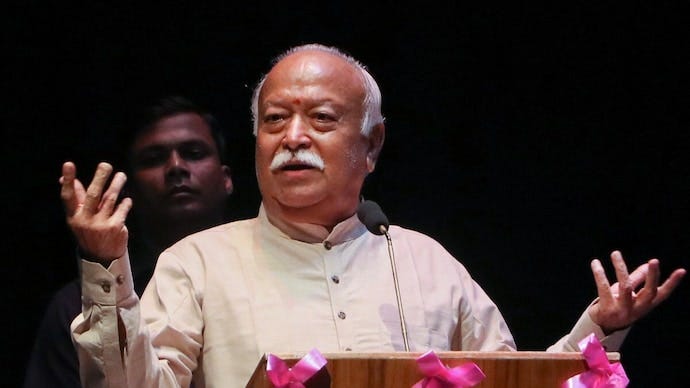
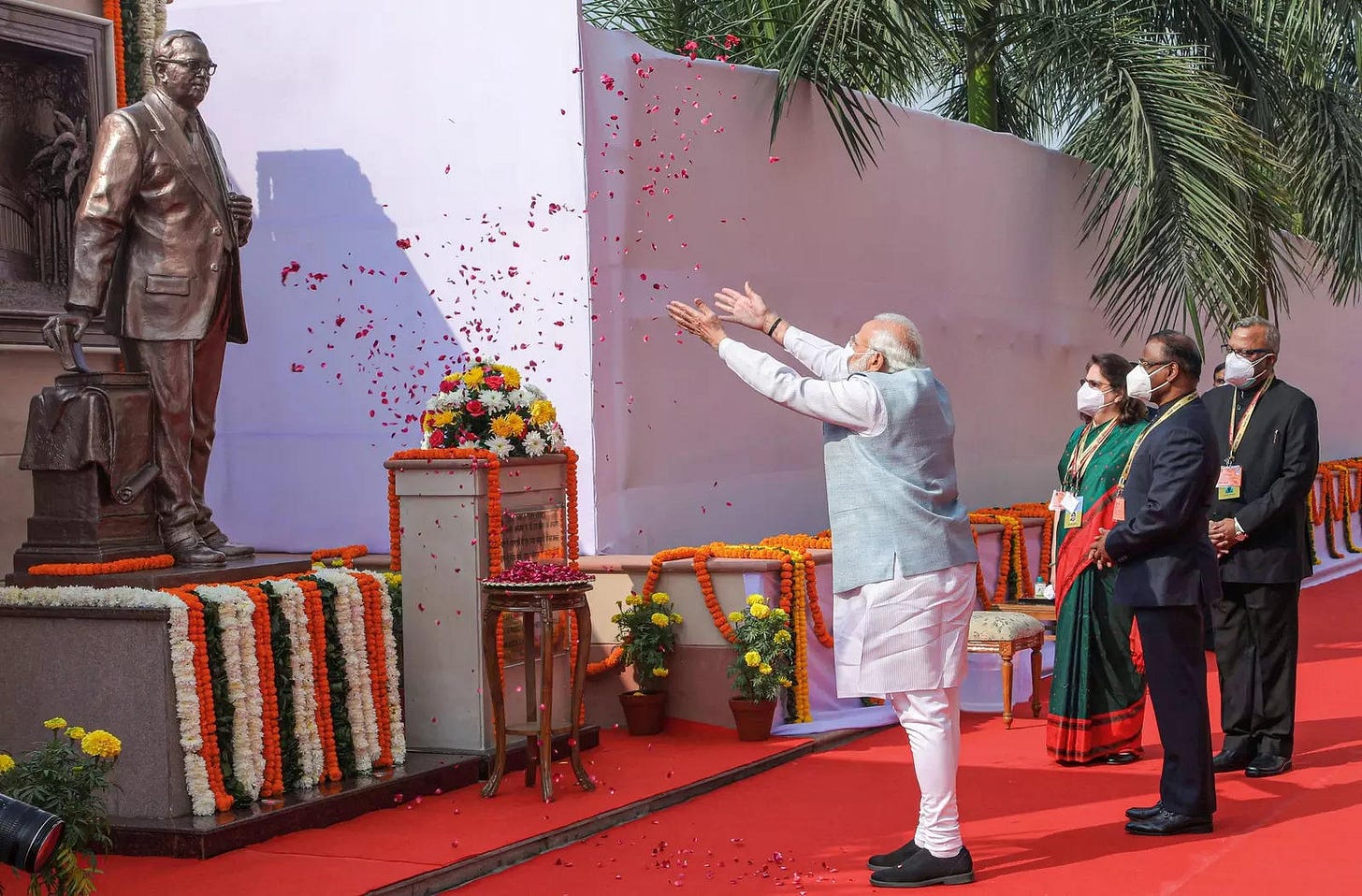
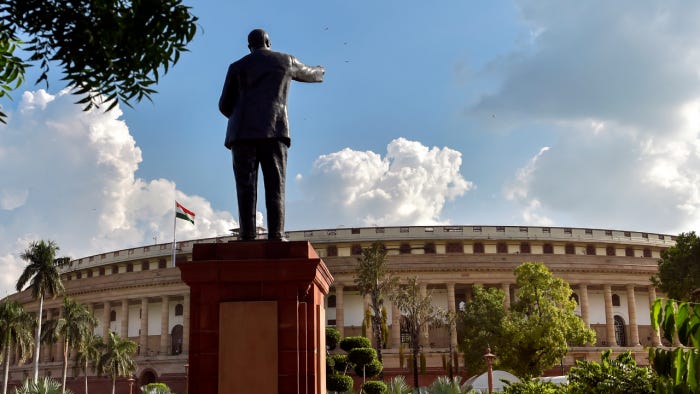
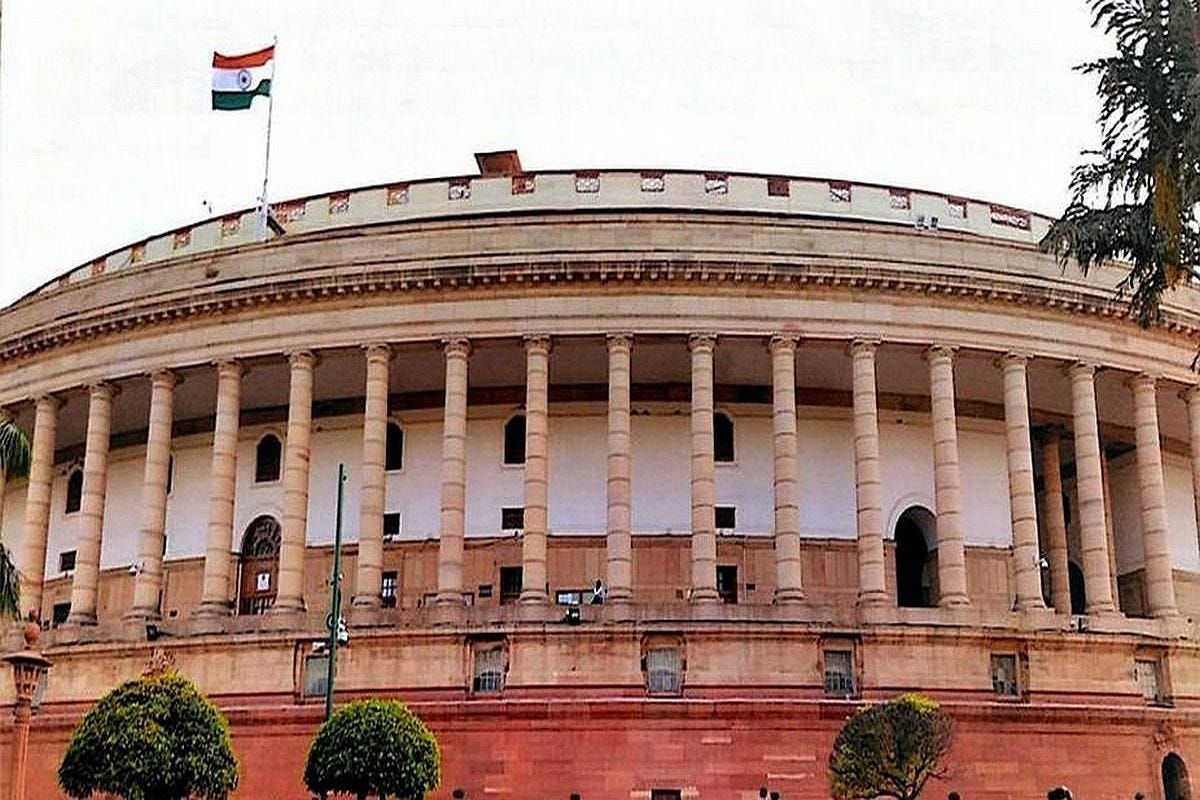
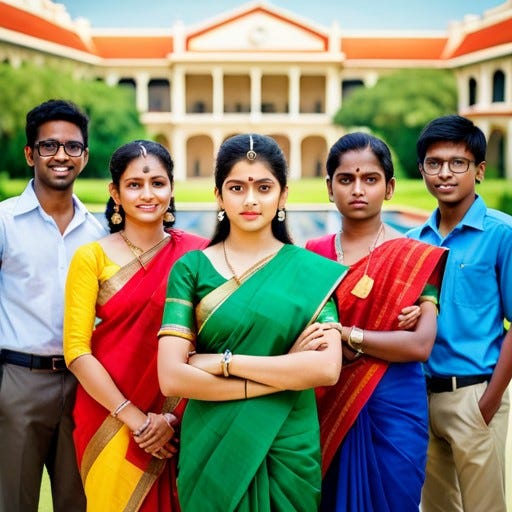
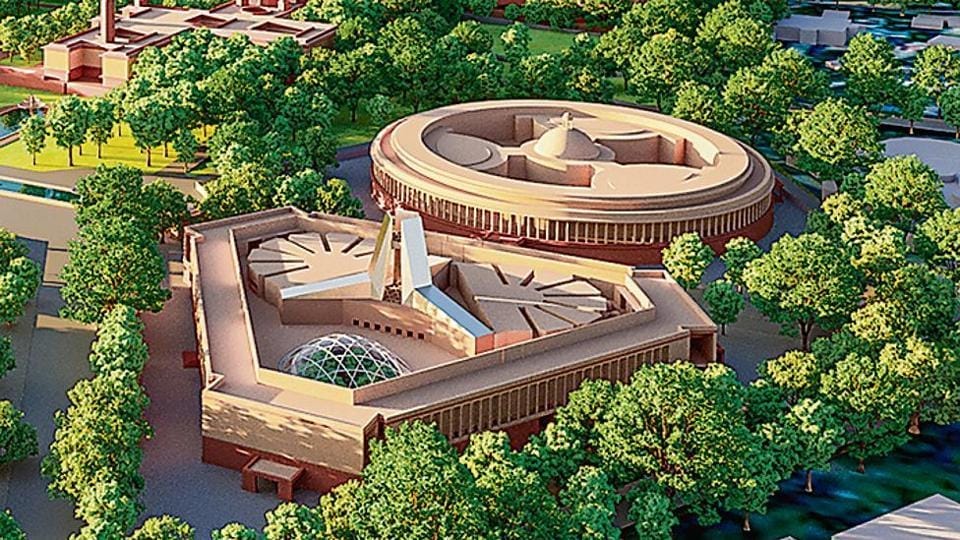
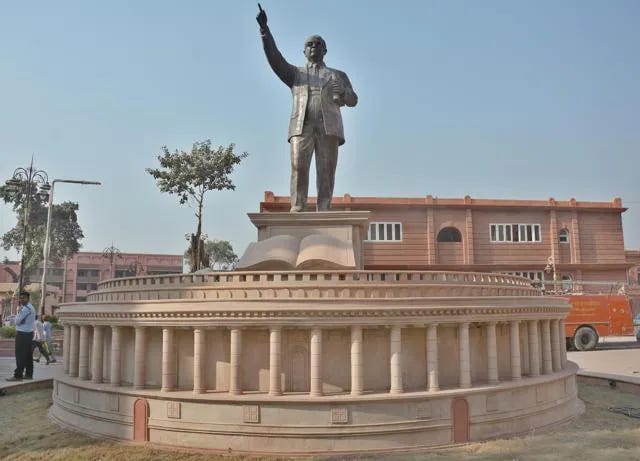
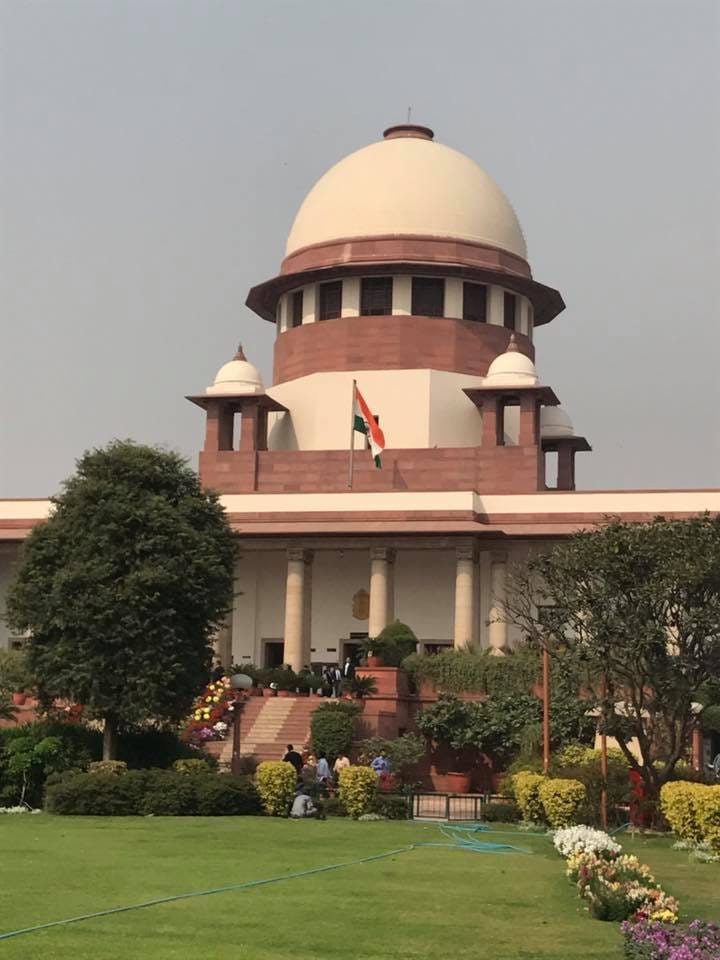
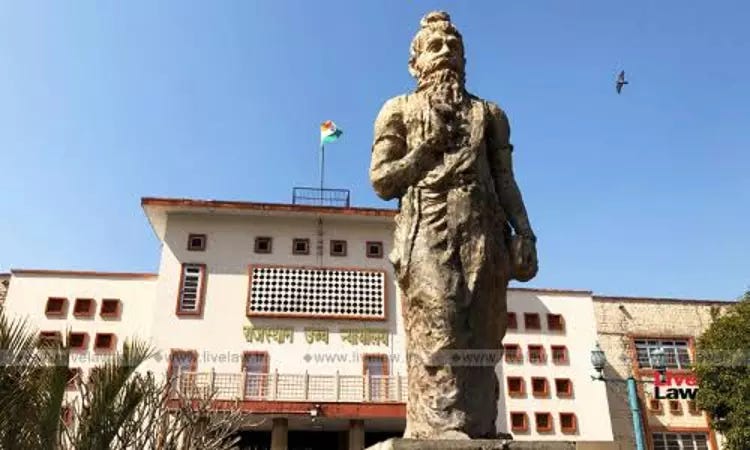
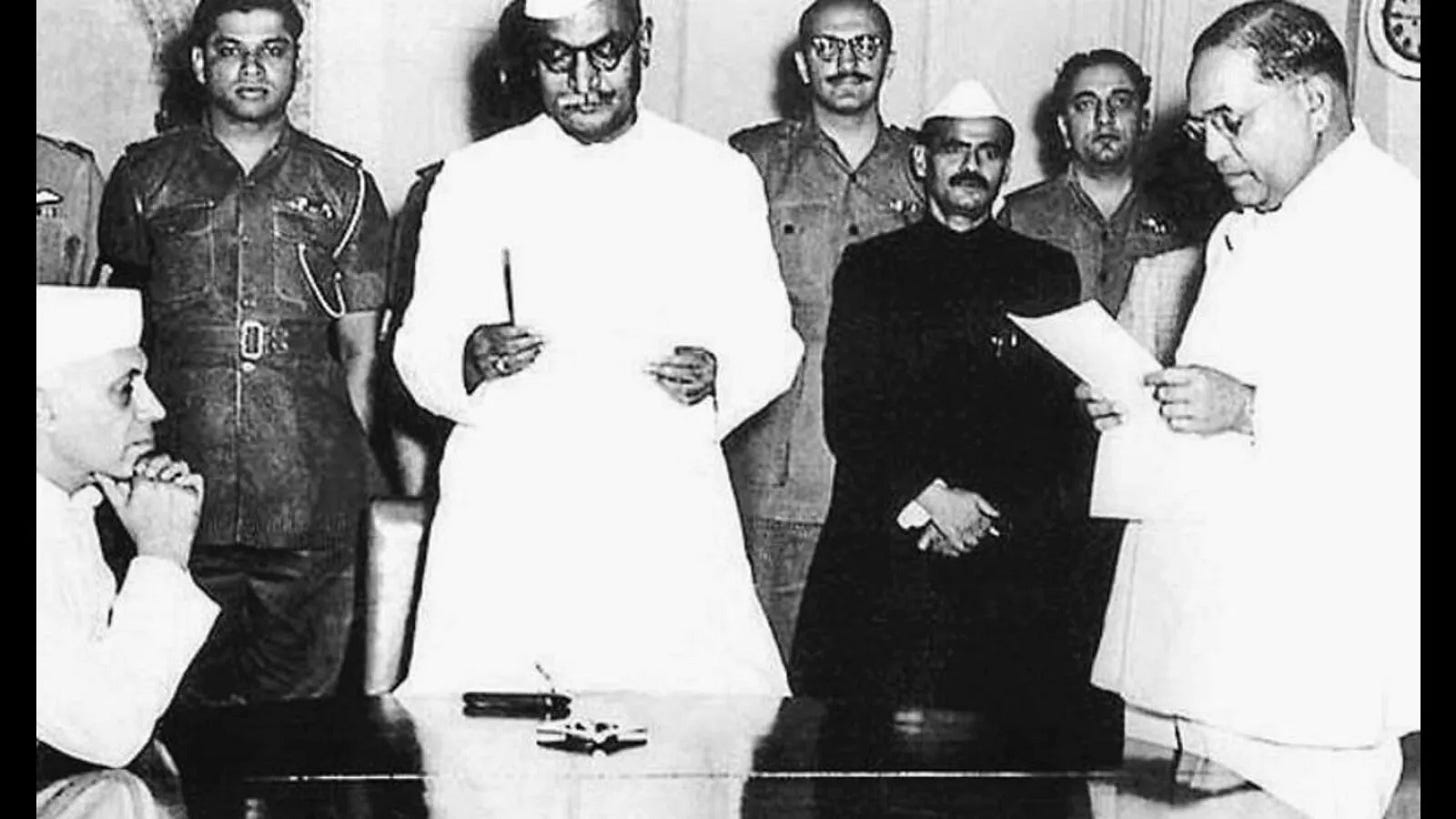

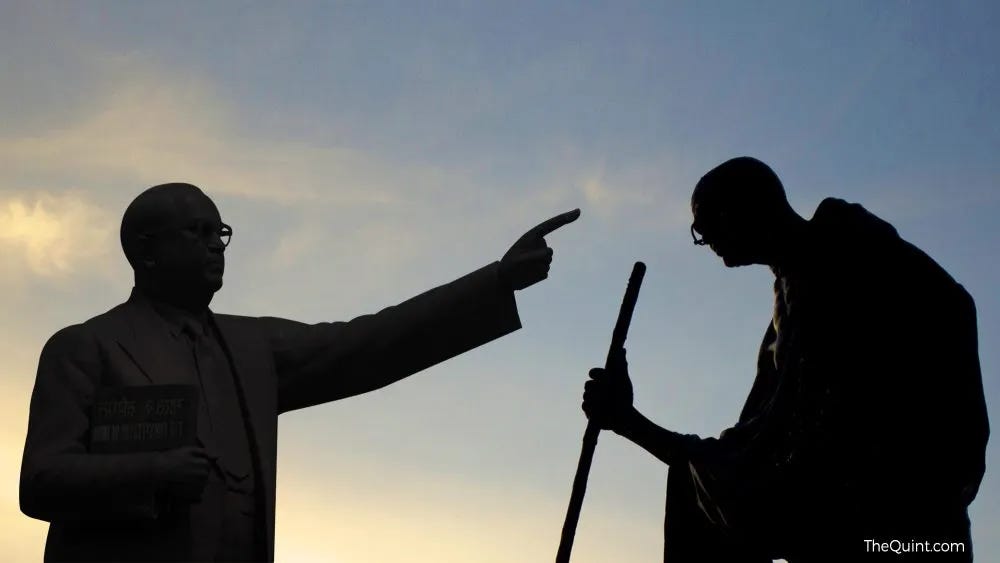

A topic that is just as divisive and controversial here in USA ( called affirmative action) as reservation system in Bharat. Any thing received not on merit rather under special allowance or privilege makes you unqualified in your eyes for life. You have to prove yourself in everyday all your life , otherwise.the world around you will torment and remind you that you have no intellect , qualification or skills for the chair that you are sitting in. This is discrimination.
Let them fall and get up again like everyone else.